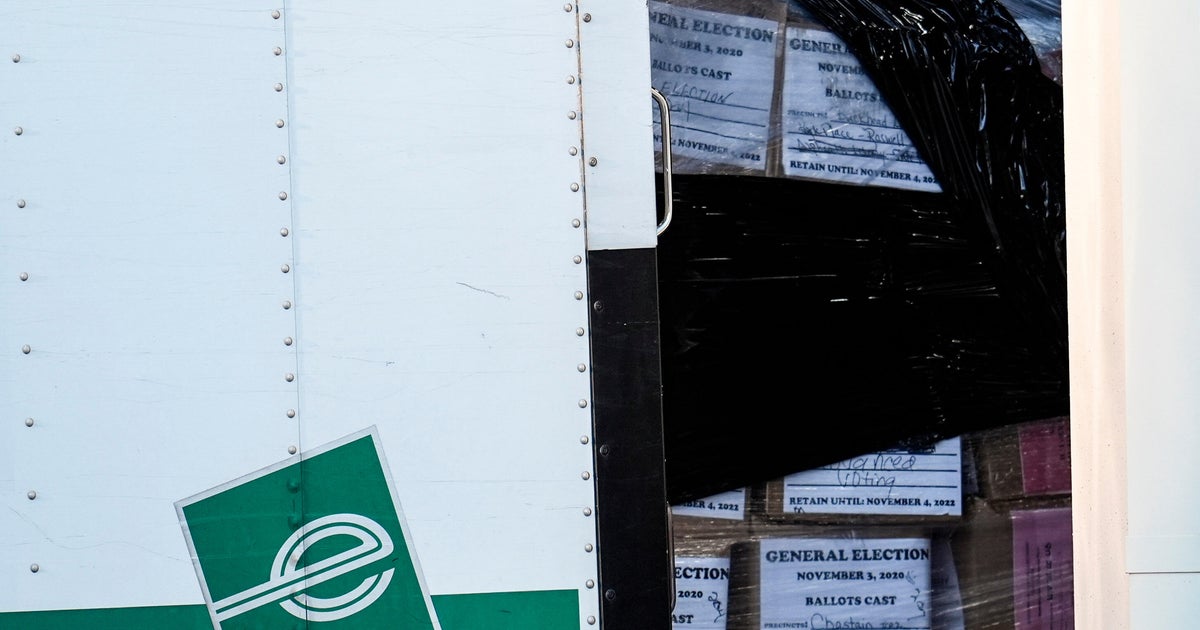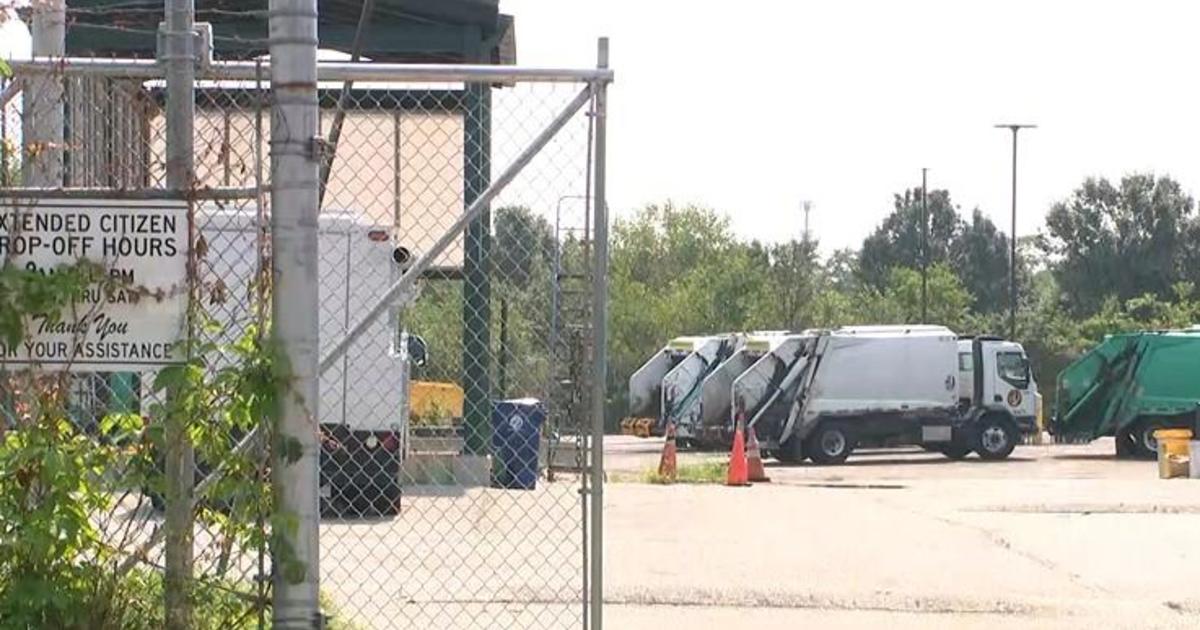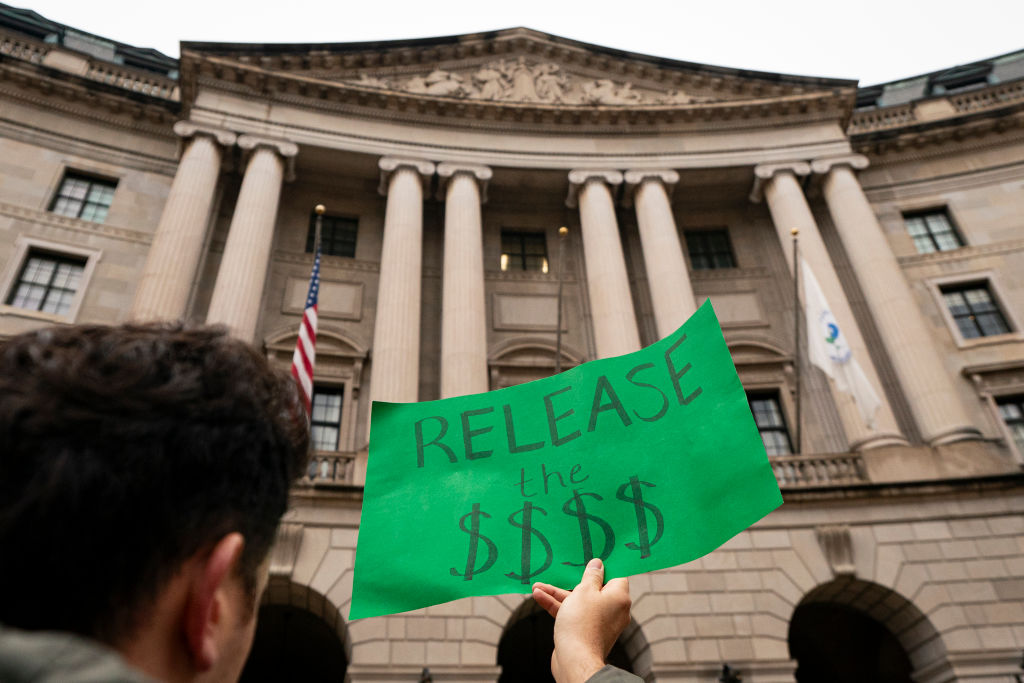EPA, DuPont settle Teflon lawsuit
Federal regulators have reached an agreement with DuPont to settle allegations the company hid information about the dangers of a toxic chemical known as C8 used in the manufacture of Teflon.
Lawyers for DuPont and the U.S. Environmental Protection Agency told an administrative law judge on Nov. 23 that they had reached a final agreement, but needed more time to put together the paperwork. Judge Barbara A. Gunning then gave the parties until Jan. 13 to file the formal agreement.
"The request for additional time is to accommodate EPA's procedural rules which require the Environmental Appeals Board to review and approve any settlement reached by the parties," the EPA said Tuesday in a statement.
Officials from both the EPA and DuPont refused to release terms of the deal.
"We are not commenting on that particular issue at this time," said Robin Ollis, spokeswoman for DuPont Co.'s Washington Works plant south of Parkersburg, W.Va.
The EPA alleged that DuPont for 20 years covered up important information about C8's health effects and about the pollution of water supplies near the company's Washington Works plant.
Under federal law, DuPont could face civil fines of more than $300 million for not reporting information that showed C8 posed "substantial risk of injury to health or the environment." The company has set aside $15 million to cover the costs of the lawsuit, according to corporate disclosures filed with the Securities and Exchange Commission.
DuPont also faces a federal criminal investigation of its actions concerning C8 pollution, the company has told shareholders. Since May, DuPont and the EPA repeatedly have said they were close to a settlement in the civil case, but had one item left to resolve. They would not identify that item.
DuPont has maintained that C8, also known as perfluorooctanoic acid or PFOA, has no negative health effects. In February, DuPont settled a class-action lawsuit for $107.6 million brought by Ohio and West Virginia residents in 2001, alleging the Wilmington, Del.-based company intentionally withheld and misrepresented information concerning the nature and extent of the human health threat posed by C8.
The EPA in July 2004 filed a complaint that alleged DuPont had caused "widespread contamination" of drinking water supplies near its Washington Works plant. The EPA also alleged DuPont never told the government the company had water tests that showed C8 in residential supplies in concentrations greater than the company's own internal limit.
The EPA alleged DuPont withheld the results of a test showing that at least one pregnant worker from the Washington Works plant had transferred the chemical from her body to her fetus. That information, the EPA said, supported animal tests showing that C8 "moves across the placental barrier."
The EPA said that agency efforts to understand C8's health effects "might have been more expeditious" if DuPont had submitted the human test results in 1981.
Shares of DuPont rose 50 cents, or 1.2 percent, to $43.61 in afternoon trading on the New York Stock Exchange.



